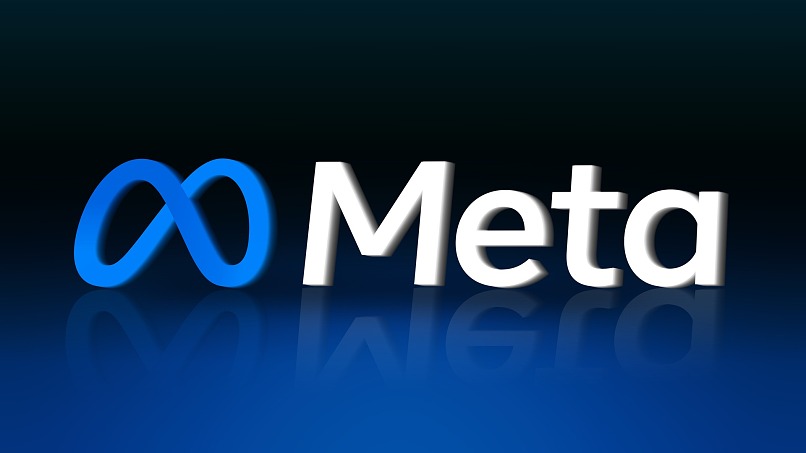Meta Faces Sweeping EU Ban on Targeted Advertising

In a landmark decision that shakes the core of online advertising, Meta Platforms Inc. has been directed by the European Data Protection Board (EDPB) to cease targeted advertising practices across the European Economic Area (EEA). This measure primarily impacts its social media services, Facebook and Instagram.
The binding decision, issued on October 27 and made public this week, was precipitated by concerns from the Norwegian Data Protection Authority (DPA) over Meta's use of personal data for behavioral advertising. This method involves tracking and profiling users based on location, content interests, and online activity, allowing platforms to serve personalized ads.
The EDPB has instructed Ireland's Data Protection Commission (DPC) to implement a comprehensive ban on this practice within two weeks, effectively extending Norway’s earlier temporary measure across the EEA’s 30 countries. The ruling will potentially affect around 250 million users and challenge the ad-based business model Meta has long relied upon.
Meta, previously reprimanded with fines totaling €655 million (~$735 million) for similar practices, is now at risk of accruing penalties up to 4% of its global turnover. This could amount to a staggering $4.6 billion, based on last year’s revenue figures.
In response, Meta has indicated plans to roll out a consent-based mechanism for EU and EEA users, alongside introducing a subscription model. This November, Meta will offer an ad-free experience priced at €9.99 monthly on the web and €12.99 on mobile platforms. These measures are aimed at aligning with regulatory standards and providing alternatives for users concerned about privacy.
Experts mention that the ban highlights systemic privacy concerns and the intrusive nature of behavioral advertising. Datatilsynet emphasized the issue, pointing out that despite clear evidence of lawbreaking, Meta has continued its illicit personal data processing. Additionally, Anu Talus, EDPB Chair, has stressed the urgency for Meta to demonstrate compliance, saying, “It is high time for Meta to bring its processing into compliance and to stop unlawful processing.”
This confrontation with Meta underscores the EU’s staunch stance on digital privacy and data protection, signaling a shift towards greater consumer rights online. The GDPR (General Data Protection Regulation) remains the cornerstone of Europe’s privacy landscape, and this enforcement is a testament to its reach and impact.
Meta's strategy to appeal previous fines and pivot towards a subscription model reflects a broader trend where tech giants are compelled to reconsider their revenue streams and data practices amidst increasingly stringent regulations. The outcome of Meta’s compliance efforts will undoubtedly set a precedent in the online advertising space and shape the future of digital privacy rights in Europe.



Please, comment on how to improve this article. Your feedback matters!